Paradise Circus (1988)
Genre : Documentary
Runtime : 1H 0M
Director : Heather Powell
Synopsis
Mothers, architects, artists, shoppers and other women who live and work in Birmingham explore the contradictions of the city, its promises, frustrations and disappointments, and suggest that listening to the experiences of women may hold the answer to the impoverished 'concrete jungle' so familiar today.

A lonely doctor who once occupied an unusual lakeside home begins exchanging love letters with its former resident, a frustrated architect. They must try to unravel the mystery behind their extraordinary romance before it's too late.
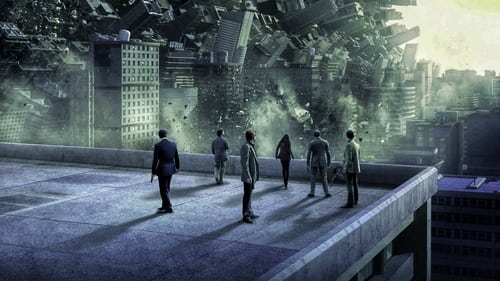
Cobb, a skilled thief who commits corporate espionage by infiltrating the subconscious of his targets is offered a chance to regain his old life as payment for a task considered to be impossible: "inception", the implantation of another person's idea into a target's subconscious.
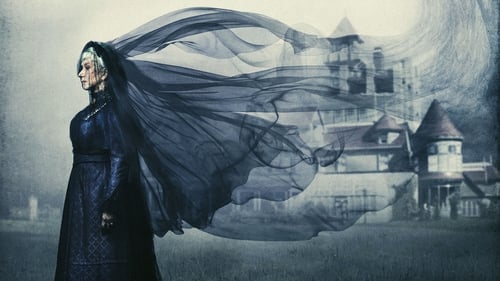
San Jose, California, 1906. Isolated in her labyrinthine mansion, eccentric firearm heiress Sarah Winchester believes that she is being haunted by the souls of those killed by the guns manufactured by her company.
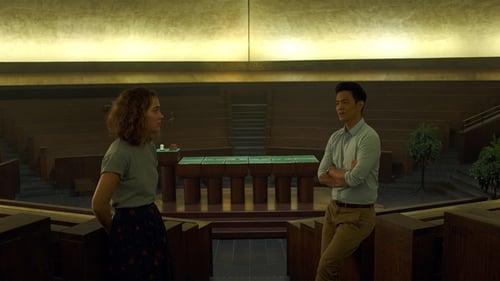
When a renowned architecture scholar falls suddenly ill during a speaking tour, his son Jin finds himself stranded in Columbus, Indiana - a small Midwestern city celebrated for its many significant modernist buildings. Jin strikes up a friendship with Casey, a young architecture enthusiast who works at the local library.
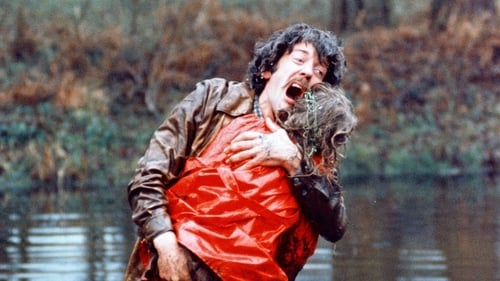
Laura and John, grieved by a terrible loss, meet in Venice, where John is in charge of the restoration of a church, two mysterious sisters, one of whom gives them a message sent from the afterlife.
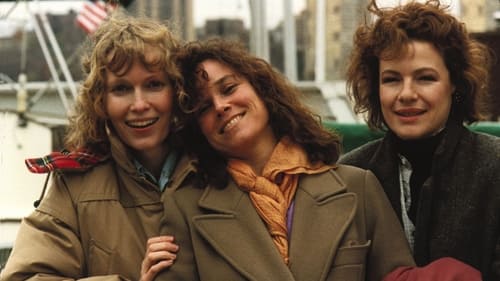
Between two Thanksgivings, Hannah's husband falls in love with her sister Lee, while her hypochondriac ex-husband rekindles his relationship with her sister Holly.
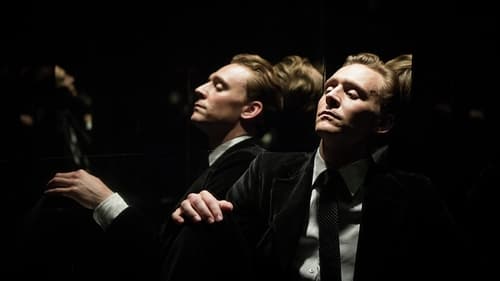
Life for the residents of a tower block begins to run out of control.
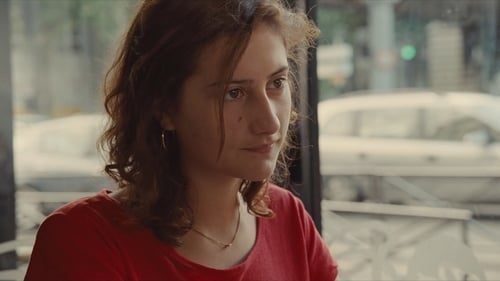
A 15-year-old discovers the joys and heartaches of first love with an older teen, but in the ensuing years, cannot seem to move past their breakup.

After leaving her daughter Jessica in a small town in Pernambuco to be raised by relatives, Val spends the next 13 years working as a nanny to Fabinho in São Paulo. She has financial stability but has to live with the guilt of having not raised Jessica herself. As Fabinho’s university entrance exams approach, Jessica reappears in her life and seems to want to give her mother a second chance. However, Jessica has not been raised to be a servant and her very existence will turn Val’s routine on its head. With precision and humour, the subtle and powerful forces that keep rigid class structures in place and how the youth may just be the ones to shake it all up.
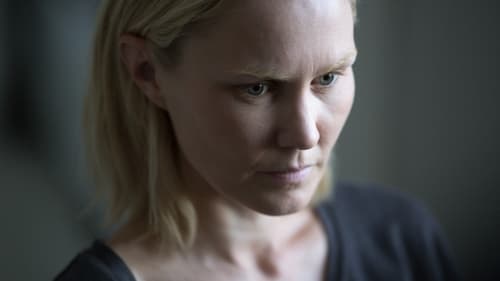
Having recently lost her sight, Ingrid retreats to the safety of her home—a place where she can feel in control, alone with her husband and her thoughts. After a while, Ingrid starts to feel the presence of her husband in the flat when he is supposed to be at work. At the same time, her lonely neighbor who has grown tired of even the most extreme pornography shifts his attention to a woman across the street. Ingrid knows about this but her real problems lie within, not beyond the walls of her apartment, and her deepest fears and repressed fantasies soon take over.
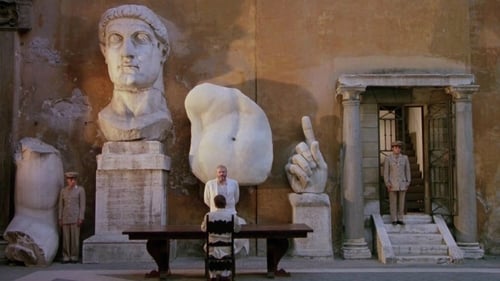
The American architect Kracklite arrives in Italy, supervising an exhibiton for a French architect, Boullée, famous for his oval structures. Tirelessly dedicated to the project, Kracklite's marriage quickly dissolves along with his health.
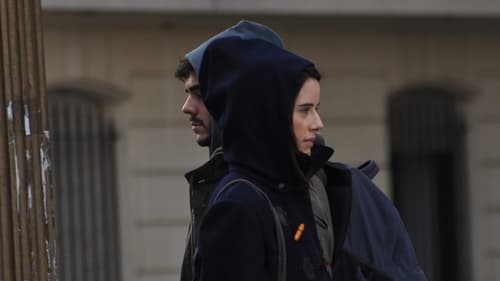
Martin is a neurotic web designer taking baby steps out of the isolation of his one-room apartment and his virtual reality. Mariana is an artist fresh out of a a long relationship. They are perfect for each other, live on the same street, in opposite buildings, but they never meet. Can the movement of a modern city of three million people bring them together?
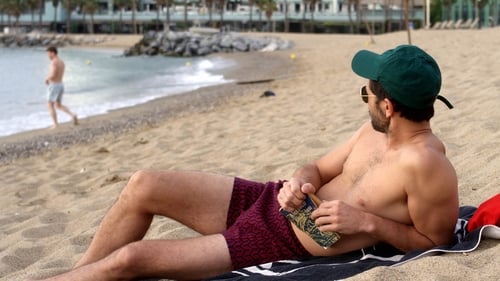
Two men meet in Barcelona and after spending a day together they realize that they have already met twenty years ago.

A man returns to his hometown and a series of dark secrets are revealed.

Tracing the history of blue jeans around the globe.
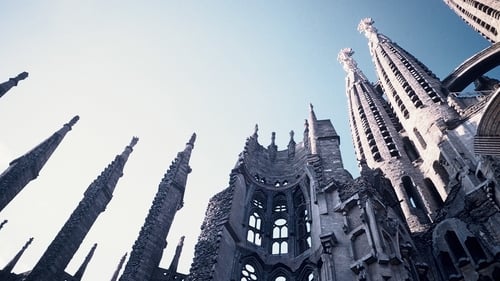
Catalan architect Antonio Gaudí (1852-1926) designed some of the world's most astonishing buildings, interiors, and parks; Japanese director Hiroshi Teshigahara constructed some of the most aesthetically audacious films ever made. With camera work as bold and sensual as the curves of his subject's organic structures, Teshigahara immortalizes Gaudí on film.

50 % of the world’s population lives in urban areas. By 2050 this will increase to 80%. Life in a mega city is both enchanting and problematic. Today we face peak oil, climate change, loneliness and severe health issues due to our way of life. But why? The Danish architect and professor Jan Gehl has studied human behavior in cities through 40 years. He has documented how modern cities repel human interaction, and argues that we can build cities in a way, which takes human needs for inclusion and intimacy into account.
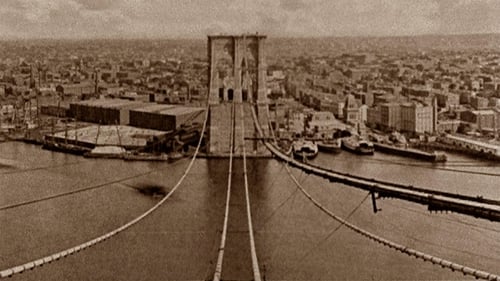
Today it's a symbol of strength and vitality. 135 years ago, it was a source of controversy. This documentary examines the great problems and ingenious solutions that marked the construction of the Brooklyn Bridge. From conception to construction, it traces the bridge's transformation from a spectacular feat of heroic engineering to an honored symbol in American culture.

Having previously investigated the architecture of Hitler and Stalin's regimes, Jonathan Meades turns his attention to another notorious 20th-century European dictator, Mussolini. His travels take him to Rome, Milan, Genoa, the new town of Sabaudia and the vast military memorials of Redipuglia and Monte Grappa. When it comes to the buildings of the fascist era, Meades discovers a dictator who couldn't dictate, with Mussolini caught between the contending forces of modernism and a revivalism that harked back to ancient Rome. The result was a variety of styles that still influence architecture today. Along the way, Meades ponders on the nature of fascism, the influence of the Futurists, and Mussolini's love of a fancy uniform.
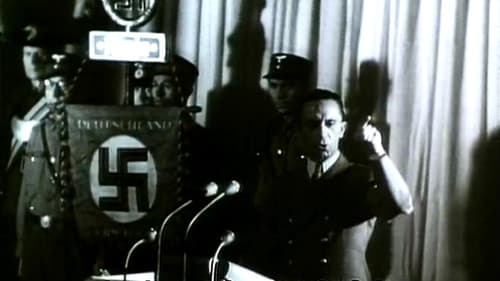
Featuring never-before-seen film footage of Adolf Hitler and the Nazi regime, The Architecture of Doom captures the inner workings of the Third Reich and illuminates the Nazi aesthetic in art, architecture and popular culture. From Nazi party rallies to the final days inside Hitler's bunker, this sensational film shows how Adolf Hitler rose from being a failed artist to creating a world of ponderous kitsch and horrifying terror. Hitler worshipped ancient Rome and Greece, and dreamed of a new Golden Age of classical art and monumental architecture, populated by beautiful, patriotic Aryans. Degenerated artists and inferior races had no place in his lurid fantasy. As this riveting film shows, the Nazis went from banning the art of modernists like Picasso to forced euthanasia of the retarded and sick, and finally to the persecution of homosexuals and the extermination of the Jews.

















